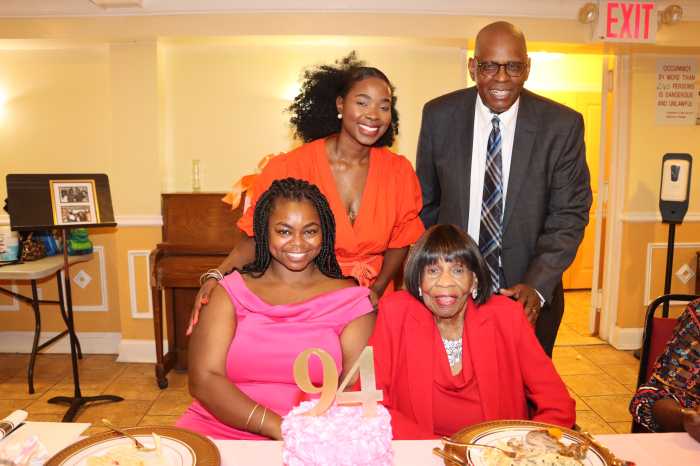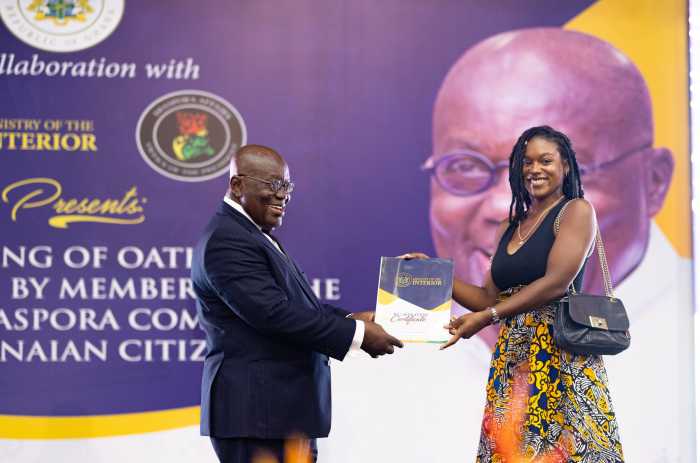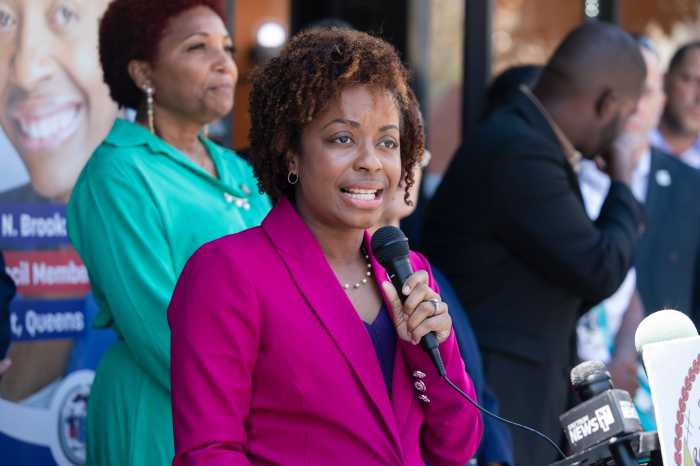A race-laced row over the deportations of eleven Ghanians to West Africa this week has sparked a major race controversy in Trinidad just as the ethnically-divided nation is preparing for general elections in the coming months.
While most people were asleep on the twin-island republic with Tobago on Monday, the group was secretly put on a specially chartered Caribbean Airlines flight with 15 special branch officers and flown across the ocean to Africa at the start of what officials say is a spirited effort to rid the country of thousands of undocumented residents from all over the world.
Their deportation after hours of appeal hearings lasting unusually into Saturday and Sunday has raised discomforts about whether the Indo-led administration of Prime Minister Kamla Persad-Bissessar specifically targeted Africans for expulsion as against other racial groups in the country including Indian and Chinese nationals.
The umbrella Emancipation Support Committee for example, called the deportations brutal and inhumane and pointed to a series of previous alarms it had raised about the alleged targeting of Africans in the country, especially those who had been in detention for months on end awaiting hearings or deportations on mostly immigration issues.
By midweek, Attorney General Anand Ramlogan was forced to roll out what he said were official statistics showing that the 725 Guyanese sent back home in the past three years represented the largest single group of deportees rather than Africans. Those from the continent were number seven on the list of largest groups he said.
“The truth of the matter is that illegal immigrants from the African continent were
way down on the list at number seven. The total number of African immigrants that have been deported from 2010 to now is 70 persons. Seventy African deportees in four, nearly five, years, against 734 Guyanese in the same period So when we run to light a fire, coming on the heels of the Ferguson experience in the U.S. and we jump to pour kerosene to light a social flame that we cannot control, then we must look to the truth which shall set us free. And the statistics show that we must reject outright that kind of nonsense and absurd allegation against the government of Trinidad and Tobago.”
“There is absolutely no merit, truth or justification in it,” he noted, calling allegations about racial targeting disturbing.
The island of 1.3 million that is almost equally dominated by Afro and Indo Trinidadians is scheduled to hold general elections by the third quarter of the new year. The general prediction is that the governing People’s Partnership, wracked by widespread allegations about graft, sleaze, corruption and mismanagement of major projects, will likely lose to the Afro-supported People’s National Movement of Opposition Leader Keith Rowley.
It is also left to be seen whether the issue and others linked to race will be part of the campaign as race is at the center of much of what happens in Trinidad and neighboring Guyana where the British brought hundreds of indentured Indians from India to replace Africans who had been emancipated from sugar and other plantations in the 1830s.
The British ensured that the Indians were treated better than the Africans, given land to plant, wages and other incentives, sparking divisions between the two major groups that simmer to this day. But even as different groups were debating the racial and other merits of the deportations of the group back to Ghana, the leading Express Newspaper hinted that there might well be some levels of political and security discomfort by authorities with many of the African and other illegals in the country.
It said, for example, that some of the dozens of Nigerian academic exchange students who came to Trinidad in recent years, were actually former armed rebels fighting to liberate the country’s oil and gas-rich delta from the grips of western control.























